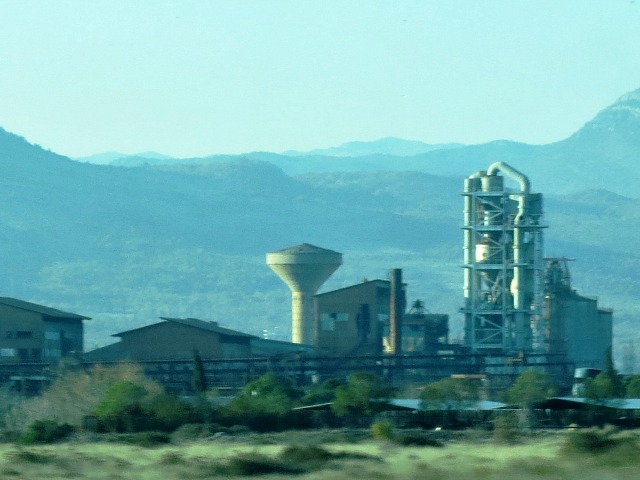

Central European Aluminium Company, CEAC, which is owned by Russian billionaire Oleg Deripaska is suing the government of Montenegro for “hundreds of millions of euros” over the failure of its KAP plant in the capital Podgorica, a press release by the firm says.
The case will be heard in Cyprus, which is the base location for CEAC. The company alleges that the plant went bankrupt as Montenegro violated a 2010 settlement agreement. The company however, did not specify the compensation amount in the media release.
The CEAC’s director for corporate affairs, Andrei Petrushinin said that they had been urging Montenegro to find a fair solution to the dispute regarding the plant. In response to the claims, the government in Podgorica said that the company lost a case against Montenegro in Paris in July 2016.
“This is confirmation of the fact that the government did everything in accordance with the agreement on the settlement, local legislation and best international practice in this area,” confirms a government statement.
{googleAdsense}
It is a fact that CEAC filed a case in a Paris court, and another in Vienna, for arbitration proceedings with the Montenegrin government, seeking over 600 million euros as compensation fees for the plant’s bankruptcy. The KAP plant was primarily financed by the Montenegrin government and Russian billionaire Oleg Deripaska.
The CEAC claimed that the plant faced investment losses as the Montenegrin government interfered with the investment process in a negative way. The company also alleged that Montenegro government breached an agreement on mutual encouragement and protection of investment signed by both the parties.
Montenegro however, rejected the claims calling it baseless and held the company responsible for the plant’s failure.
The CEAC first filed a compensation case against Montenegro in 2013 seeking 100 million euros. The bankrupt KAP plant was it was sold in June 2014 for 28 million euros to a local company which finally failed to pull outside investment. Montenegro provided 135 million euros as a bank guarantees for the loans that KAP took in order to overcome the financial crisis that began in late 2008. However, no effort could save the plant from going bankrupt in 2010.



Responses






